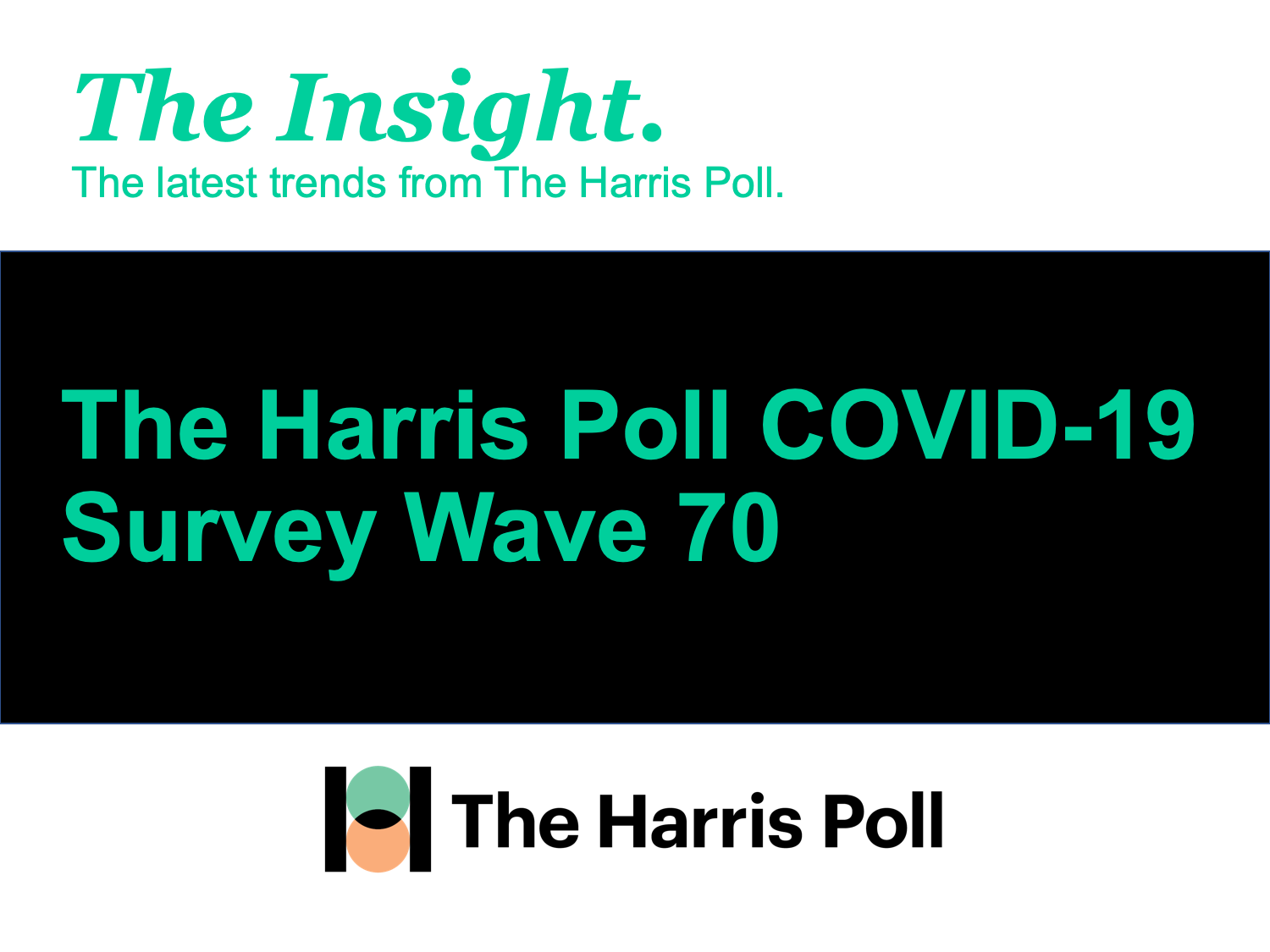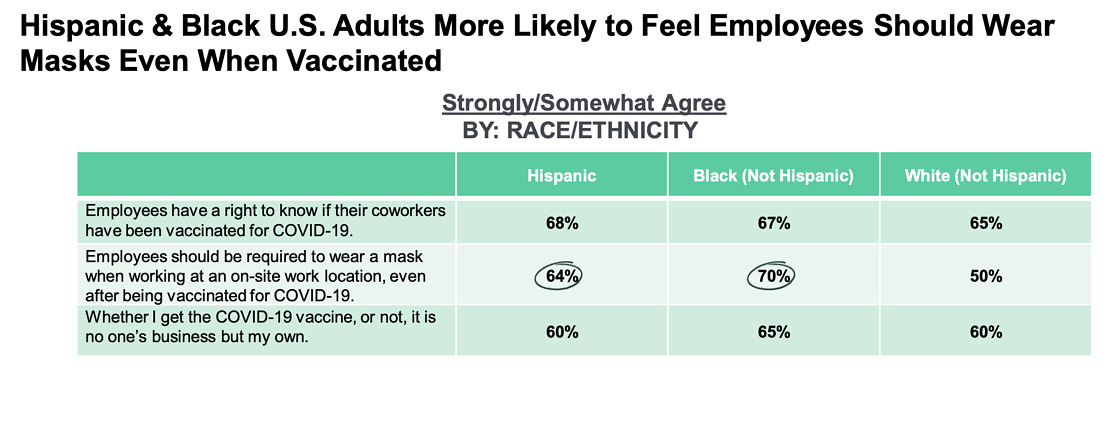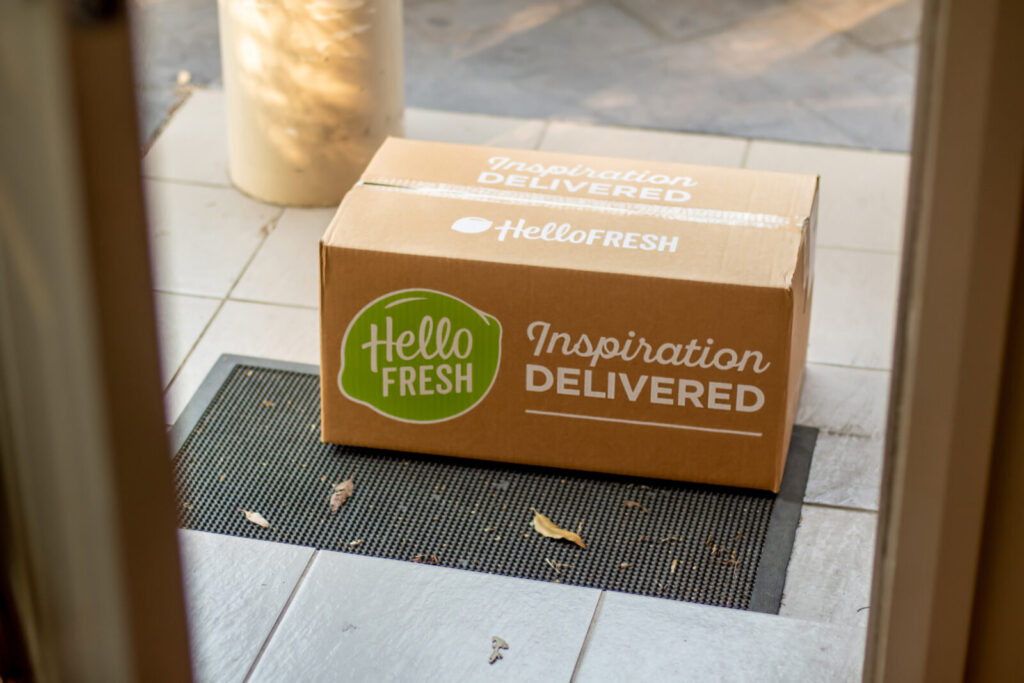Brief • 4 min Read

In The Harris Poll Tracker (Week 70) fielded June 25th to 27th, 2021 among 1,992 U.S. adults, we look at spending habits for the summer, how the pandemic made some Americans better with their money, the obstacles of returning to the office, the impact of the rise of anti-Asian hate crimes, and the reality of dating in the digital world.
As a public service, our team has curated key insights to help leaders navigate COVID-19. Full survey results, tables, and weekly summaries can be accessed for free at The Harris Poll COVID-19 Portal. We will continue to actively field on a regular cadence to track the shifts in sentiment and behaviors as the news and guidelines evolve.
A “YOLO” Summer?
After a year of largely avoiding social events and travel, many Americans – especially younger generations – are adopting the “you only live once” mentality for summer 2021 and plan to make up for a lost year of fun.
- Young Americans just wanna have fun: (62%) of Gen Z and (49%) of Millennials say they are trying to make up for lost time this summer and plan to spend more money to have fun again, compared to only (39%) of Boomers.
- Over 4 in 10 (43%) of Millennials plan to spend more this summer on socializing and travel relative to prior summers, along with (38%) of Gen Z (vs. 33% of Gen X and 28% of Boomers).
- In real life: Young Americans are most willing to spend more than they normally would on travel (30% Gen Z, 31% Millennials) and experiences (25%, 20%) in a post-COVID summer.
- “YOLO”: one-quarter (24%) of those Americans who plan to spend more this summer say it is because the pandemic made them realize they only live once, while (18%) say they plan to make up for lost time – including (23%) of Millennials.
- Vaxxed and ready to spend: The Washington Post profiles how local businesses are seeing a post-COVID boom from those Americans who want to have fun again.
Takeaway: Summer 2021 will likely be one to remember for local bars and restaurants, travel and tourism, and crowded events. Brands will be able to play a part by embracing the surge of enthusiasm among these consumers as they look to make new memories, such as our friends at 72andSunny’s new campaign for Marriott.
A Third of Americans Say They Got Better With Money During the Pandemic: Northwestern Mutual-Harris Poll
When the pandemic forced many Americans to readjust how they live and where they work, some took the opportunity to get proactive about their financial futures. CNBC writes more about our survey in partnership with Northwestern Mutual:
- Nearly one-third (32%) of Americans say that they became more disciplined with their money during the pandemic. Even more impressive, (95%) say they plan to keep it that way.
- Nearly 1 in 5 adults in the U.S. did not have a financial plan before the pandemic, but (83%) said they either created, revisited, or adjusted a plan during.
- How did they do it?: Nearly half (45%) said they adopted the habit of reducing their living costs and spending, with prioritizing paying down debt (34%) being the second most likely avenue.
Takeaway: While improvements in financial habits are positive, it should not overshadow the fact that adjustments are coming from a place of financial difficulties for many, says Christian Mitchell, Executive Vice President and Chief Customer Officer at Northwestern Mutual.
Majority of Americans Believe Employees Should Be Required to Wear Masks at Work, Even After Being Vaccinated: American Staffing Association-Harris Poll
Corporations throughout the U.S. are attempting to figure out how to navigate the obstacles related to employees returning to office spaces. Forbes highlights findings from our recent study in conjunction with American Staffing Association:
- More than half of U.S. adults (57%) believe masks should be mandated for employees working at on-site locations, even if they have been vaccinated against COVID.
- Some agree more than others: compared to white Americans (50%), both Hispanics (64%) and Blacks (70%) are more likely to feel that face coverings should be required at the workplace.
- Who needs to know? Two-thirds (66%) of Americans believe employees have a right to know if their co-workers have been vaccinated, but (60%) assert their vaccine status is “no one’s business but my own.”
- Companies like JPMorgan Chase have made headlines with their requirement of all American workers needing to log their vaccination status in a software portal by the end of June.

Takeaway: Richard Wahlquist, President of the American Staffing Association says, “As brick-and-mortar workplaces reopen, workers are anxious about being around their colleagues once again. Employers must clearly communicate what steps they are taking to make their workplaces safe for their employees as they reopen.”
Polling Shows Mental Health and Career Impacts of Anti-Asian Hate: Girl Up-Harris Poll
In addition to concerns for physical safety, Asian Americans are saying rising incidents of anti-Asian hate during the pandemic are having a lasting impact on their mental health, well-being and future careers. CNBC dives deeper into our survey in partnership with Girl Up:
- Four in 10 (42%) Asian Americans say experiencing racial discrimination has the biggest impact on their mental health.
- More than a third (39%) of Asian Americans say experiencing discrimination had a negative impact on their friendships, which could be critical to helping AAPIs feel supported at work and in school.
- More than half (56%) of respondents of all races acknowledged discrimination against AAPIs is rising in the U.S., an increase of 10 percentage points compared with polling done in February.
- Between February 2020 and March 2021, the national coalition Stop AAPI Hate documented more than 6,600 reports of hate incidents directed at AAPIs.
Takeaway: Our data uncovers how discrimination is impacting the livelihoods and futures of AAPI communities in America. Tawny Saez, Director and Cultural Anthropologist at Harris Poll continues, “It shows the domino effect of discrimination. It’s not a one-and-done event — it has long-lasting impacts.”
Stalkerware Cases Are Seeing a Huge Rise: NortonLifeLock-Harris Poll
TechRadar writes about our joint poll with NortonLifeLock about cyber safety with a focus on stalkerware – software programs, apps and devices that enable someone to secretly spy on another person’s private life. Our data is also featured in Norton’s 2021 Cyber Safety Insights Report.
- One-third (34%) of adults across the globe that have been in a relationship admit to “stalking” an ex or current partner online by checking in on them without their consent.
- Even more alarming: 2 in 5 of younger Americans (42%) believe their significant other is at least somewhat likely to download and install stalkerware apps on their devices.
- More than one-third (35%) of Americans under 40 believe stalking a current or former partner online is harmless.
- The most common online stalking behaviors include checking a current or former partner’s phone (19%) and reviewing their search history on one of their devices without their knowledge (16%).

Takeaway: As technology becomes more sophisticated and used for more nefarious purposes, tech companies will need to take initiative in protecting their customers’ personal information and safety.
Subscribe for more Insights
Subscribe to our newsletter for the latest trends in business, politics, culture, and more.
Download the Data
This survey was conducted online within the U.S. by The Harris Poll from June 25 to 27, among a nationally representative sample of 1,992 U.S. adults.
Download
Subscribe for more Insights
Subscribe to our newsletter for the latest trends in business, politics, culture, and more.
Download the Data
This survey was conducted online within the U.S. by The Harris Poll from June 25 to 27, among a nationally representative sample of 1,992 U.S. adults.
DownloadRelated Content








